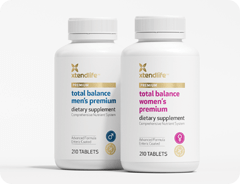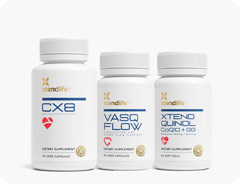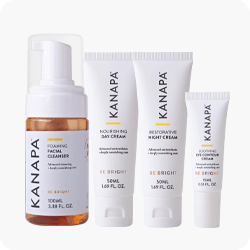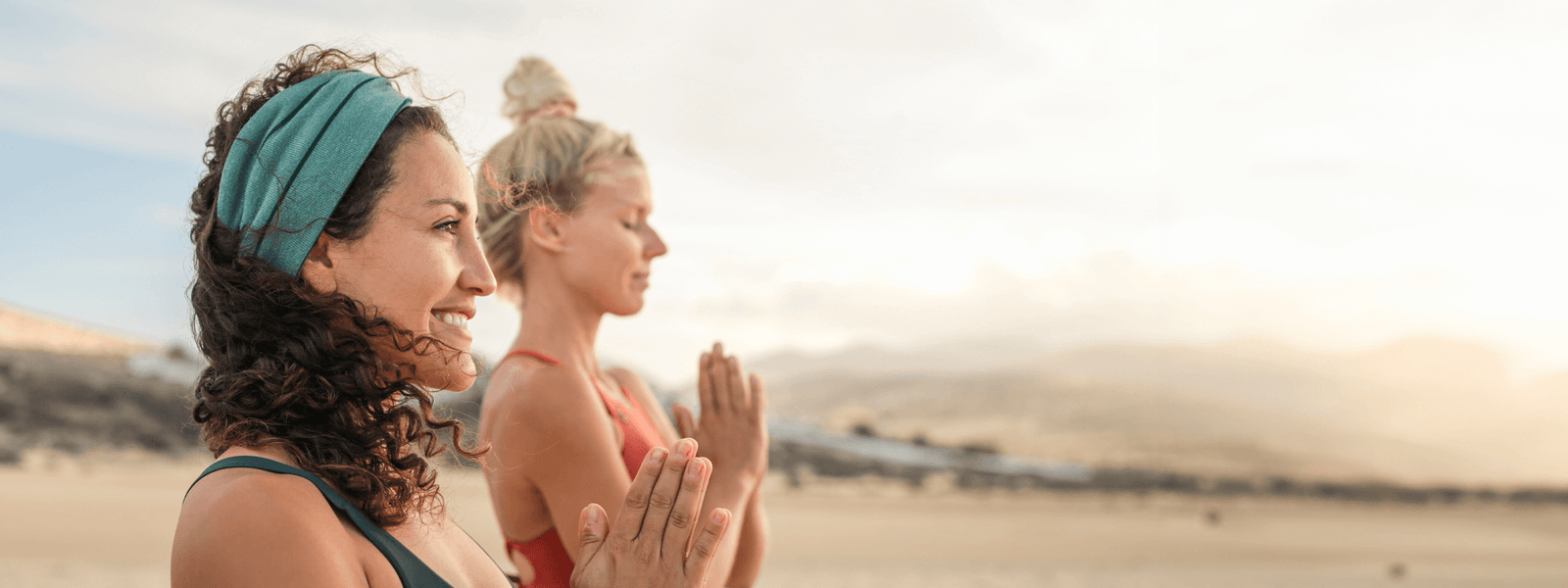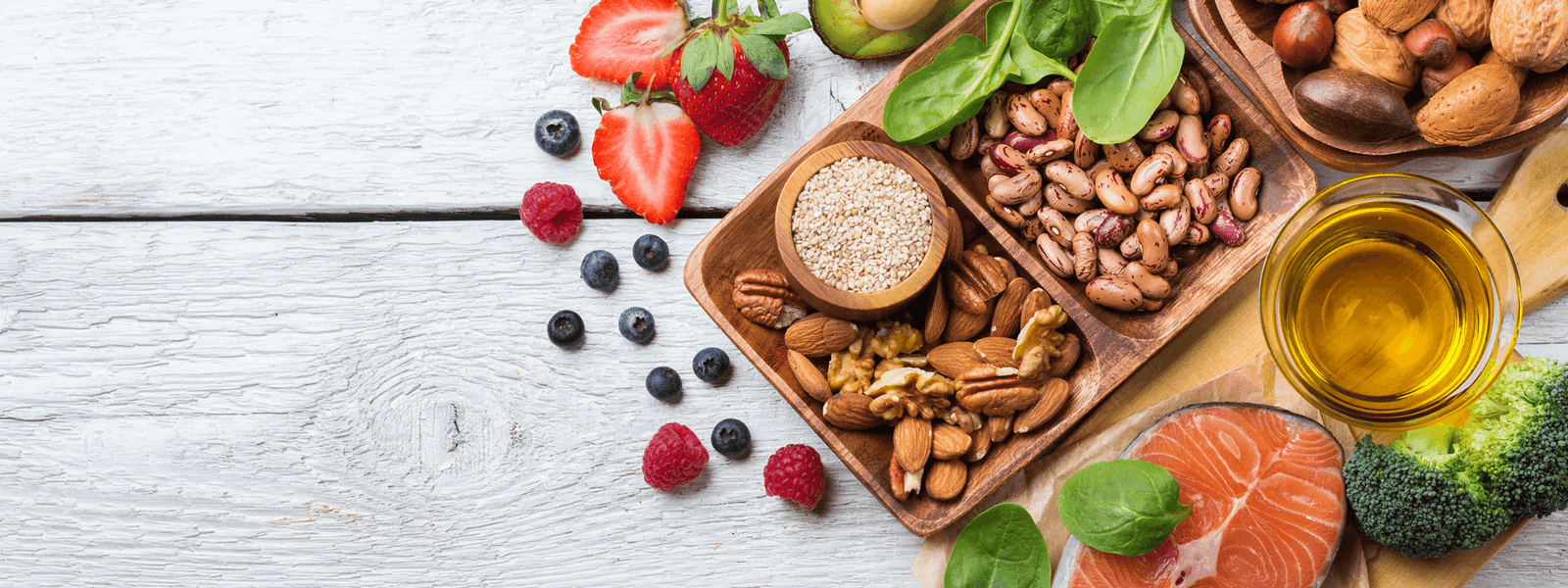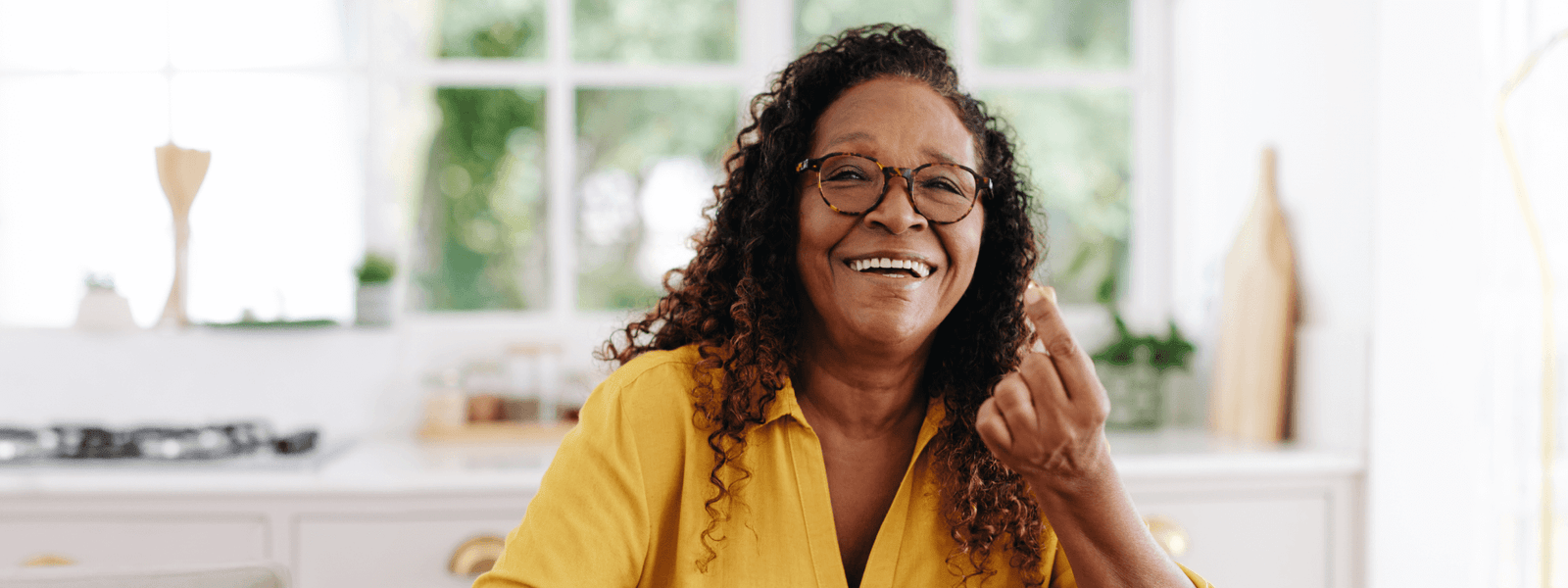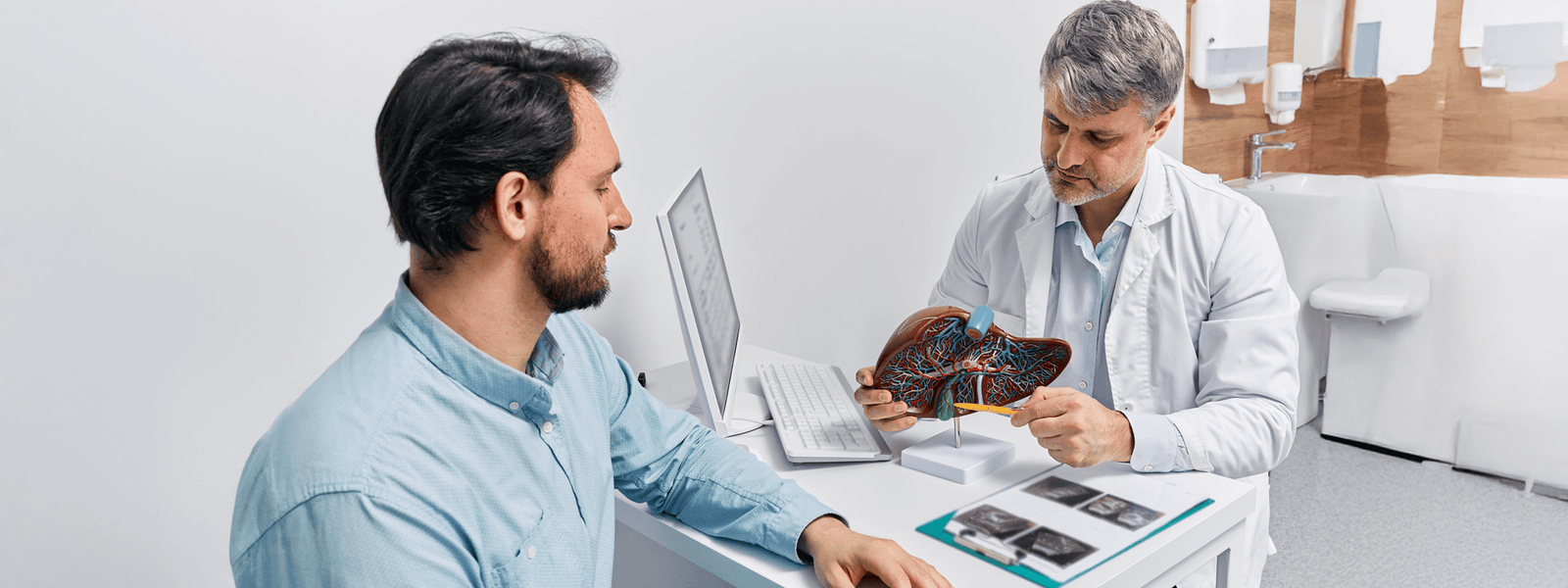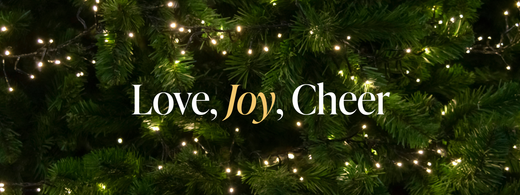Varicose veins are abnormally enlarged, bulging and often bluish-looking veins. They may also cause dull, nagging, achy pains. This usually occurs in the lower extremities, especially if you spend a lot of time standing, simply due to the fact that there is more and constant pressure exerted on the legs.
The cause of varicose veins is a result of the malfunctioning of the valves inside the veins. These valves close like gates if blood tries to run in the wrong direction, but if these valves fail to work properly, blood is forced to flow back down the leg causing superficial veins under the skin to swell as the blood builds up, a bit like a dam.
As well as the visible swelling of these veins, which can be seen as purplish-red and bluish marks, restless legs, sore legs, itching of the skin, leg cramps and a feeling of heaviness in the legs are all signs of varicose veins.
Why these veins fail is not completely understood but it may be due to a weakness in the valve itself or in the vein wall. This weakness can be brought about by poor circulation, excess weight, too much heavy lifting, and pregnancy as common causes.
Other potential causes are thought to relate to poor digestion, vitamin C and bioflavonoid deficiency, genetic vein structure, cardio and liver drugs and conditions.
If you can help it, avoid standing for prolonged periods of time and if you do have to stand for a while, make a point of changing your position, shifting from one leg to the other. Also try some leg exercises or wiggle your toes now and again.
To help reduce heaviness and swelling elevate your legs above the level of your heart for about 10 minutes each day. A simple way of achieving this is by lying down and resting your legs on a stack of pillows.
And avoid high heels – low heeled shoes work your calf muscles harder, which is better for your veins.
Herbal remedies can help if temporary topical relief is needed in some more acute cases. For example Horse Chestnut may help to improve the tone of veins, reducing leakage into the surrounding tissue. In gel form it can be rubbed into tired legs. Aloe Vera can also help to cool and sooth the area.
In severe cases surgery is undertaken, but this is a drastic measure and should only be as a last resort, i.e. if the problem is causing major disability or circulatory blockage for example.
Some people have found that over a period of time our Total Balance combined with our Omega 3 DHA Fish Oil has provided noticeable benefits. This is not surprising as there are a number of nutrients in Total Balance that can help repair the tissues, and the Omega 3 fish oil helps with the general blood flow. It could be advantageous to also add in our CX8 Heart Health Support to further help take care of the blood vessel walls. If your budget allows, upgrade the Fish Oil to our Omega 3 / QH Premium CoQ10 which contains Ubiquinol (CoQ10).


 Supplements
Supplements Bundles
Bundles